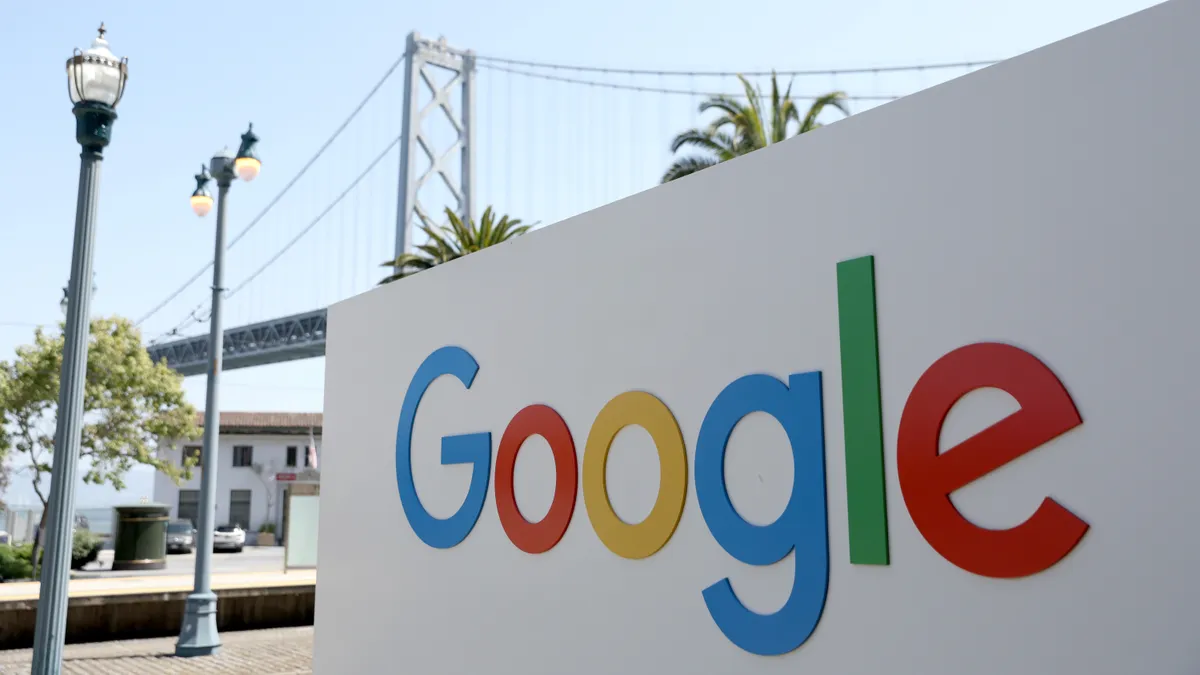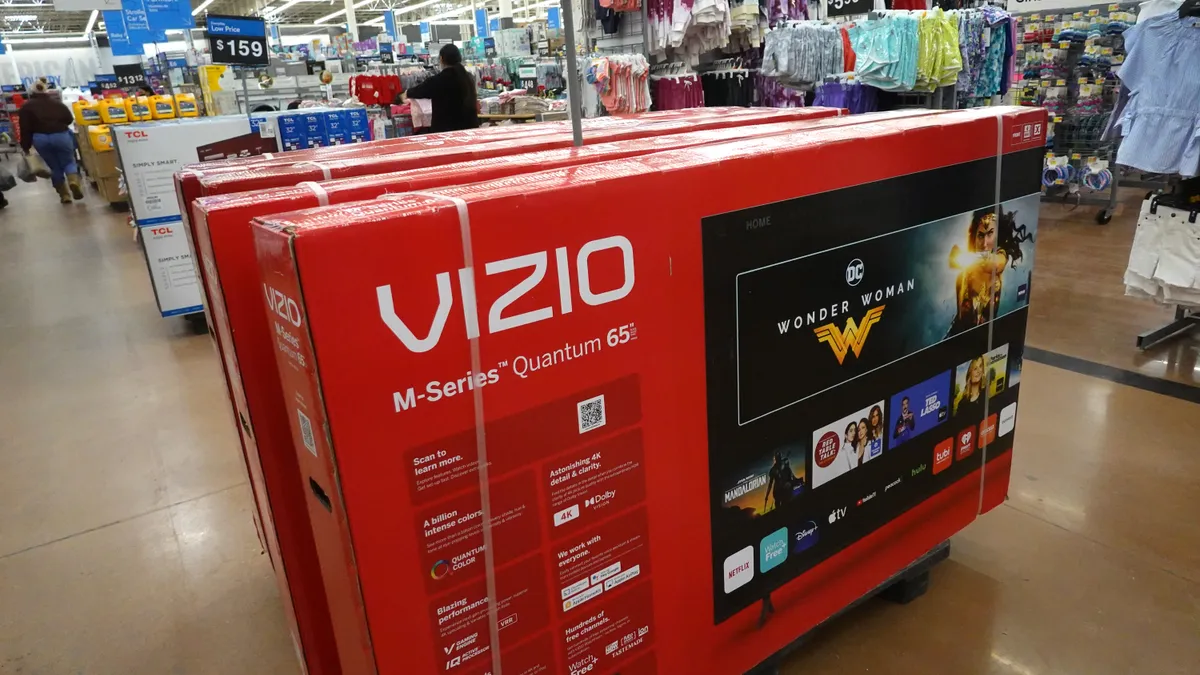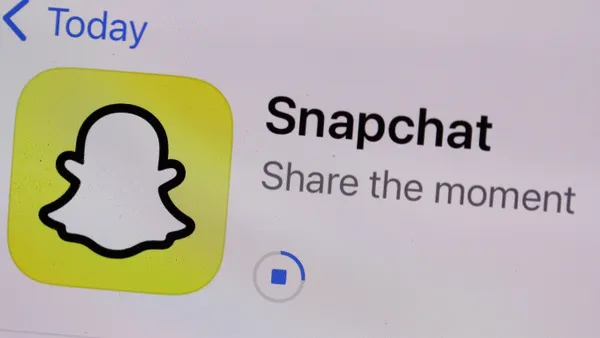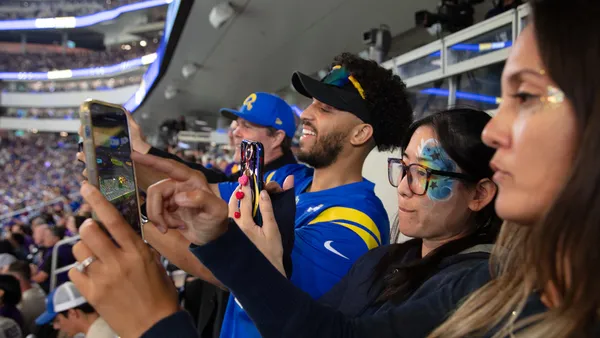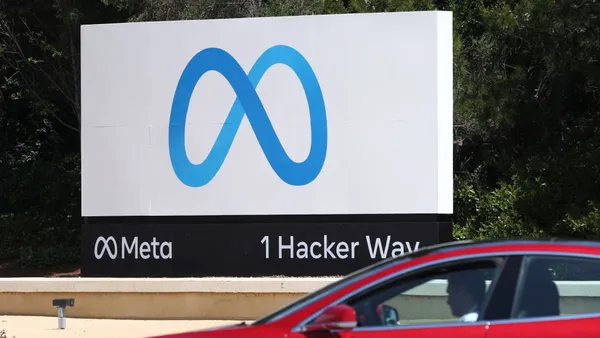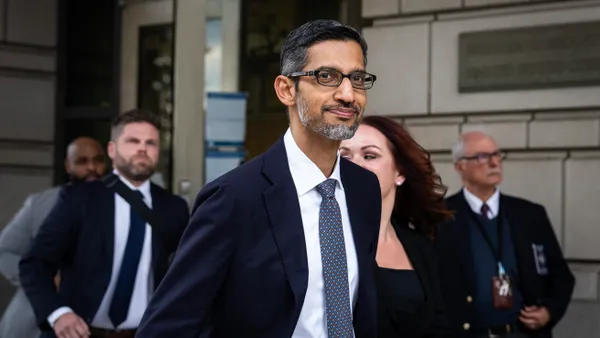Since the "Subservient Chicken" campaign drew viral buzz in 2004, Burger King has become somewhat synonymous with quirky, out-of-the-box marketing. Most of the chain's notable efforts star its iconic King mascot or strike direct, cheeky jabs at archrival McDonald's.
The fast food giant in December 2018 pushed its efforts to new heights with the latter: A "Whopper Detour" stunt relied on mobile geofencing to steer customers away from McDonald's and promote the order-ahead features of Burger King's recently redesigned app. People who went within 600 feet of most McDonald's locations Dec. 4-12 were delivered a mobile notification offering a Whopper for one cent. After they placed an order, the app directed them away from McDonald's and toward the nearest Burger King outlet to retrieve their food.
"Whopper Detour" drove more than 1 million app downloads within just a few days of the campaign's launch, later drumming up 1.5 million downloads overall, José Cil, CEO of Burger King's parent company Restaurant Brands International, revealed in a quarterly earnings call in February. The campaign boosted Burger King's app to the most downloaded in Apple's App Store for several consecutive days and the most downloaded quick service restaurant app in the U.S. among direct competitors, Cil said.
Grilling the competition with tech
"Whopper Detour" rises above other mobile-centric campaigns in recent memory because it successfully matched a creative advertising concept with technological excellence, according to Braze's Will Crocker, senior director of customer and partner marketing. The customer engagement platform powered some of the technology for "Whopper Detour."
"By tailoring the experience to a user's location, customers interacted both with Burger King's digital and physical presence … a multiplicity of 'touches' in one go," he told Mobile Marketer. "This is in contrast to other successful QSR campaigns, like Wendy's infamous Twitter account, which inspires customer interaction but only on one medium."
The success of "Whopper Detour" demonstrates how creative uses of mobile technology can help marketers cut through the clutter of traditional ads, especially as consumers grow increasingly blind to static print or TV spots.
Geoconquesting — a term that means pulling customers away from competitors — relies on smartphones' GPS technology to create a virtual fence around a predefined area. In this case, Burger King targeted potential customers as they approached McDonald's locations and were most likely in the mood to eat a burger. That strategy boosted brand awareness and campaign memorability, and aligns with Burger King's history of finding fresh ways to leverage mobile, build brand love and dunk on rivals like McDonald's.
"The 'Whopper Detour' campaign was unique because it found a way to actively insert itself into Burger King's customers' lives," Crocker said. "[It] successfully leveraged human interest and supported that with the right technology to guide a seamless, meaningful experience."
Heating up
Ten months later, in September 2019, Burger King's Germany unit ran a similar location-based campaign that relied on mobile for geotargeting. #EscapeTheClown used augmented reality to build on publicity for the premiere of "It Chapter Two" while taking aim at McDonald's. The effort urged McDonald's customers to "escape the clown" — a reference to the chain's classic Ronald McDonald mascot — and flee to a Burger King location to redeem a coupon.
"By tailoring the experience to a user's location, customers interacted both with Burger King's digital and physical presence … a multiplicity of 'touches' in one go."

Will Crocker
Braze, senior director of customer and partner marketing
These clever stunts blend several key marketing elements, including interactivity, location data and timely offers. Campaigns like "Whopper Detour" tend to attract mobile-savvy consumers who may not be brand loyalists willing to leave one chain's location for another's. A majority (88%) of millennials and Gen Zers want mobile marketing that reflects their locations and activities, a study by researcher YPulse found.
Burger King is among the chains working to appeal to these younger consumers who tend to avoid fast food in favor of fast casual restaurants that offer healthier items. Successfully reaching millennials and Gen Zers translates to offering greater convenience and memorable marketing, especially as mobile platforms become key battlegrounds for QSRs offering order-ahead and delivery capabilities.



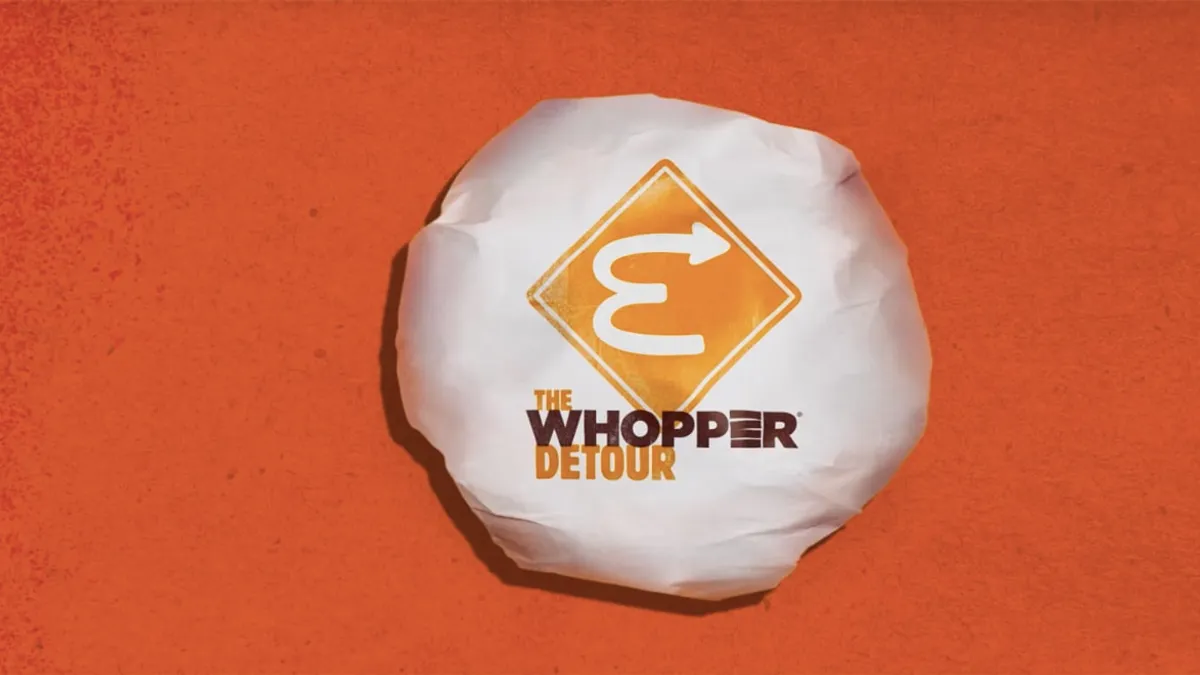
 Read more
Read more
